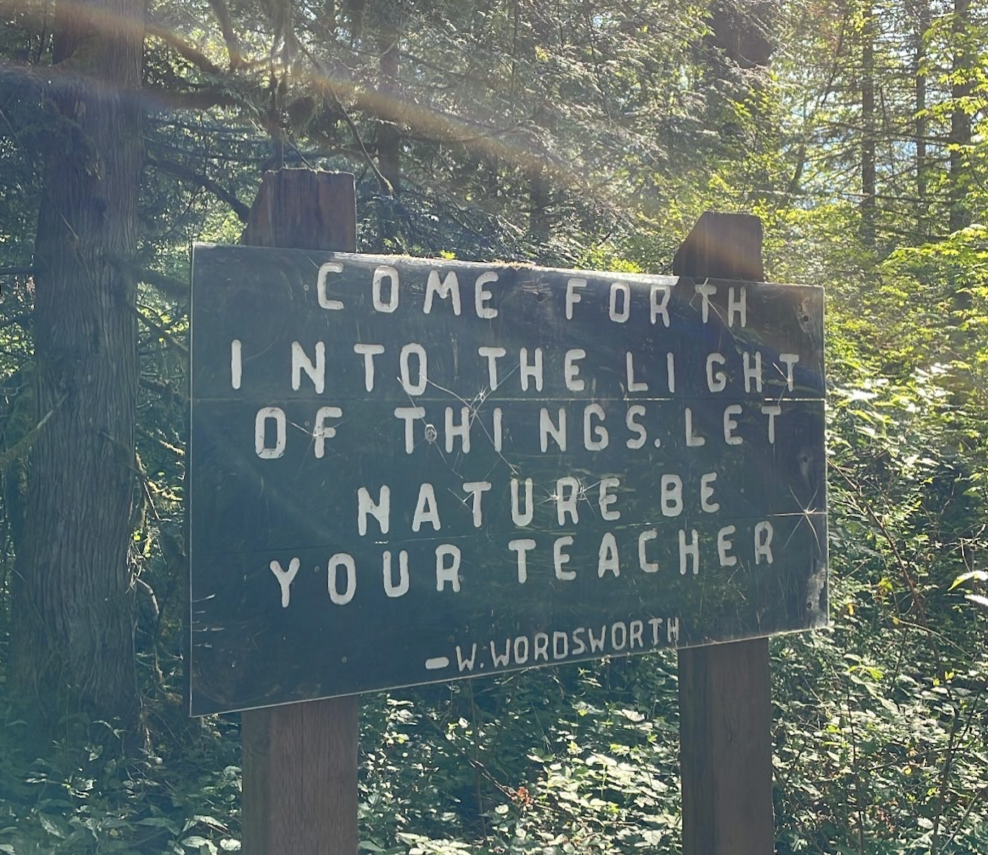In our fast-paced modern lives, spending time in nature through activities like hiking provides a much-needed respite and offers numerous health benefits. The scientific community has extensively studied the physiological and neurological effects of hiking, revealing its positive impact on overall well-being. This article will explore the top health benefits of hiking and provide information about the abundance of hiking opportunities available in the Seattle, Washington, and Renton, Washington areas, along with safety tips.
- Enhanced Cardiovascular Fitness and Physical Health: Hiking offers a remarkable cardiovascular workout that improves heart health and overall physical fitness. Hiking on varied terrains, such as inclines and declines, challenges the cardiovascular system, leading to increased endurance and improved cardiovascular health. The study also highlighted that regular hiking can help control blood pressure, cholesterol levels, and body weight, reducing the risk of heart disease.
- Reduced Stress and Improved Mental Well-being: Spending time in nature and engaging in hiking activities has a profound impact on stress reduction and mental well-being. Spending time in natural environments, like forests and mountains, significantly reduces stress levels and improves mood. Hiking allows individuals to disconnect from the pressures of daily life, fostering a sense of calmness and relaxation. Moreover, exposure to natural surroundings during hikes has been associated with decreased symptoms of anxiety and depression, promoting overall mental well-being.
- Cognitive Enhancement and Brain Function: Hiking not only rejuvenates the body but also enhances cognitive function and brain health. Engaging in nature walks, including hiking, improves attention, working memory, and cognitive performance. Exposure to natural environments boosts creativity and problem-solving skills. Hiking provides a much-needed break from technological distractions, allowing the brain to recharge and improving overall cognitive performance.
- Improved Posture, Balance, and Injury Prevention: Maintaining good posture and balance is crucial for overall health and injury prevention. Hiking engages the core muscles, which play a vital role in maintaining posture and stability. Additionally, navigating uneven terrains during hikes activates small muscles, ligaments, and tendons, improving proprioception—the body’s awareness of its position in space. Furthermore, seeking upper cervical chiropractic care can further enhance posture, balance, and reduce the risk of injuries. This specialized form of chiropractic care focuses on aligning the uppermost vertebrae in the spine, optimizing nervous system function and restoring balance.
- Abundance of Hiking Trails in Seattle and Renton, Washington: Residents of Seattle and Renton, Washington, are fortunate to have access to a plethora of hiking opportunities in their vicinity. In Seattle, hikers can explore popular trails such as Rattlesnake Ledge Trail, Cougar Mountain Regional Wildland Park, Mount Si, Discovery Park Loop Trail, and Tiger Mountain State Forest. Renton also offers stunning hiking options, including the Cedar River Trail and Cougar Mountain Regional Wildland Park. These trails cater to hikers of all skill levels, providing diverse natural landscapes and breathtaking views.
Below you can see the view from Wallace Falls State Park in Snohomish County, Washington. It is about a 1 hour drive from Seattle.
While enjoying the outdoors, it is essential to prioritize safety. Here are some key safety tips for hikers:
- Plan ahead: Familiarize yourself with the trail you’ll be hiking, including its difficulty level, distance, and any potential hazards. Carry a map, compass, or GPS device.
- Dress appropriately: Wear suitable clothing and footwear for the terrain and weather conditions. Layer your clothing to adjust to temperature changes and protect yourself from the elements.
- Stay hydrated and nourished: Carry enough water and snacks to keep yourself hydrated and energized during your hike. Remember to drink water regularly, even if you don’t feel thirsty.
- Let others know: Inform a friend or family member about your hiking plans, including the trail you’ll be on and your estimated return time. This ensures someone knows your whereabouts in case of emergencies.
- Be aware of wildlife: Respect wildlife and keep a safe distance. Carry bear spray in areas where encounters with bears are possible. Familiarize yourself with the local wildlife and any precautions you need to take.
Get Out There!
